science
Latest about science
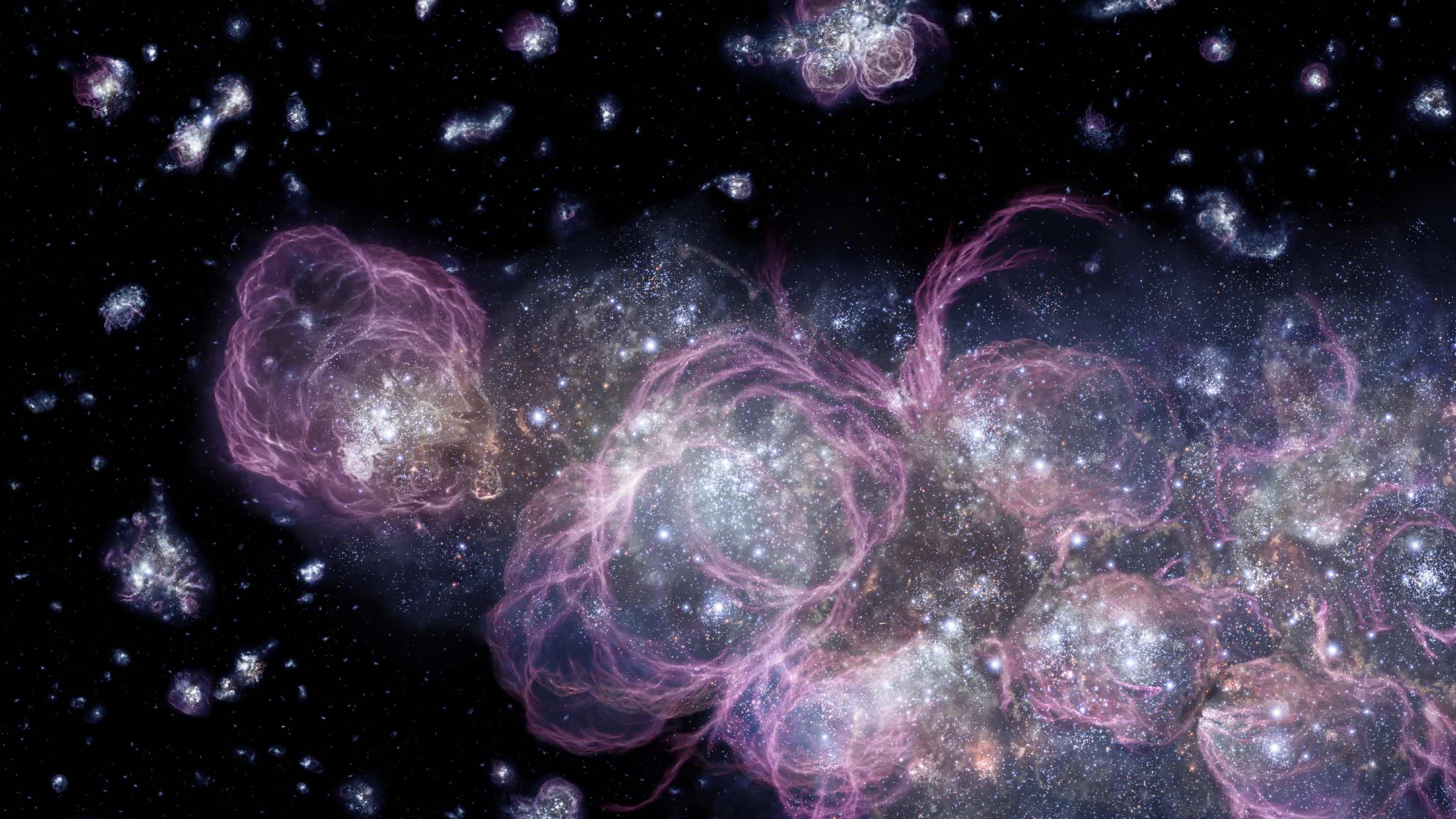
The universe could stop expanding 'remarkably soon', study suggests
By Brandon Specktor published
The universe may stop expanding in just 100 million years if dark energy decays over time, a new study suggests.

Ultra-rare black hole ancestor detected at the dawn of the universe
By Brandon Specktor published
Scientists may have detected the first known 'transitioning red quasar' in the universe, dating to just 750 million years after the Big Bang.
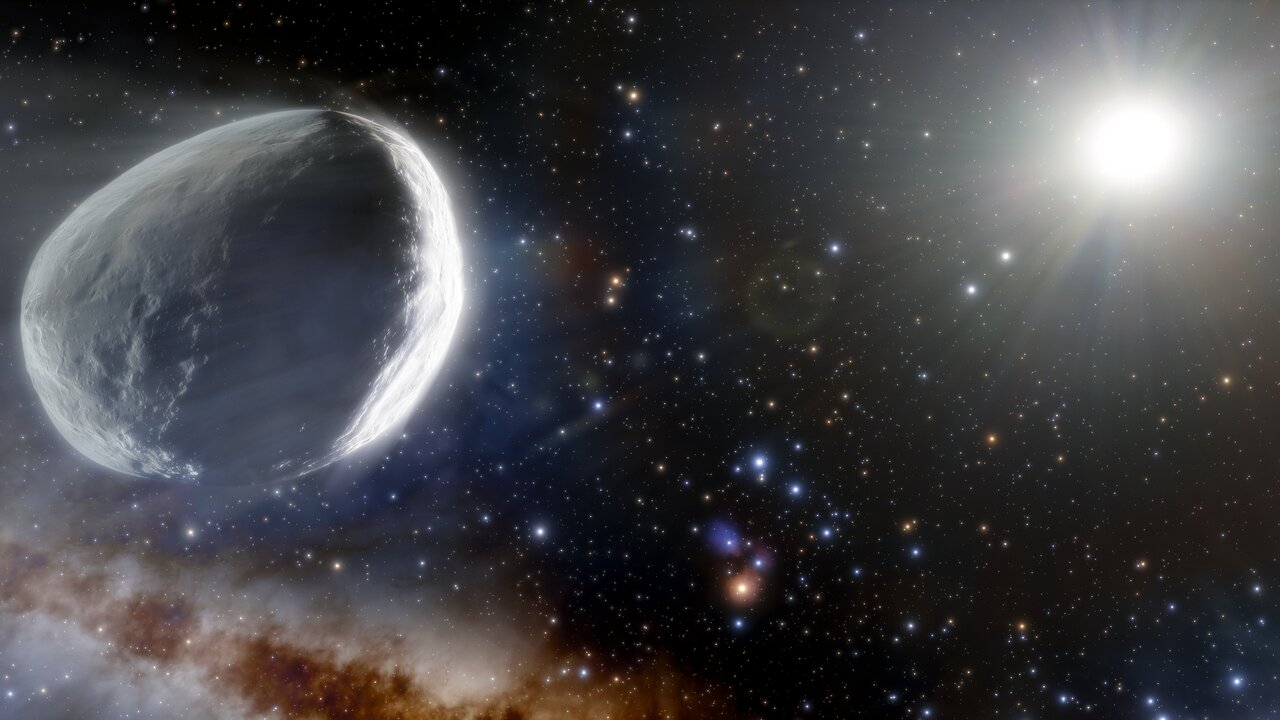
Largest comet ever seen has a heart 'blacker than coal,' and it's headed this way
By Brandon Specktor published
Astronomers gazed into the icy, black heart of comet Bernardinelli-Bernstein, and found it is more massive than any comet nucleus ever seen.

An interstellar object exploded over Earth in 2014, declassified government data reveal
By Brandon Specktor published
A small meteor that crashed into Earth in 2014 has been verified as an interstellar object, a new U.S. government report reveals.
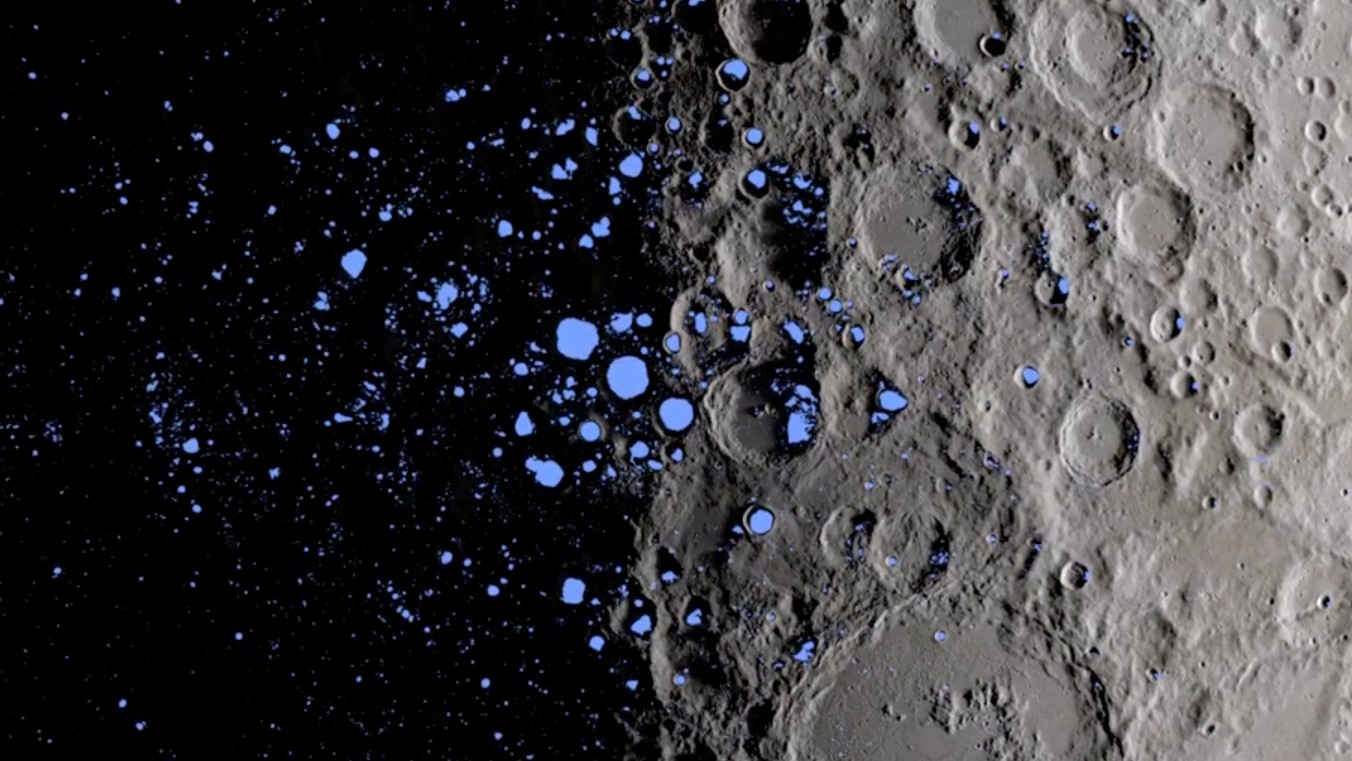
'Magnetic anomalies' may be protecting the moon's ice from melting
By Brandon Specktor published
'Magnetic anomalies' may be shielding ice in the moon's pitch-black craters, new research suggests.
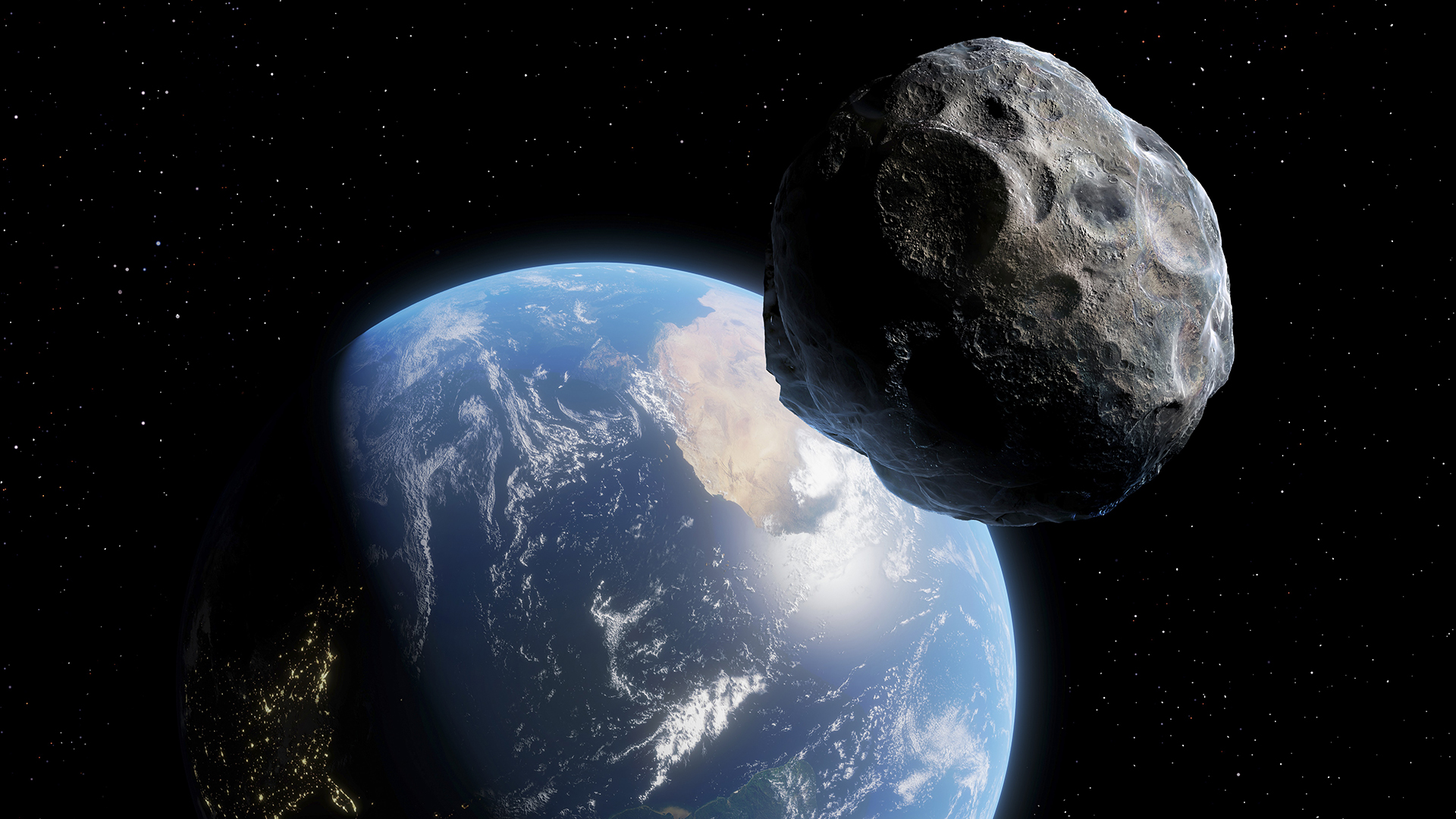
'Potentially hazardous' Apollo-class asteroid sails harmlessly past Earth
By Brandon Specktor published
An asteroid the size of a skyscraper sailed harmlessly past Earth today at around 4:35 PM ET.
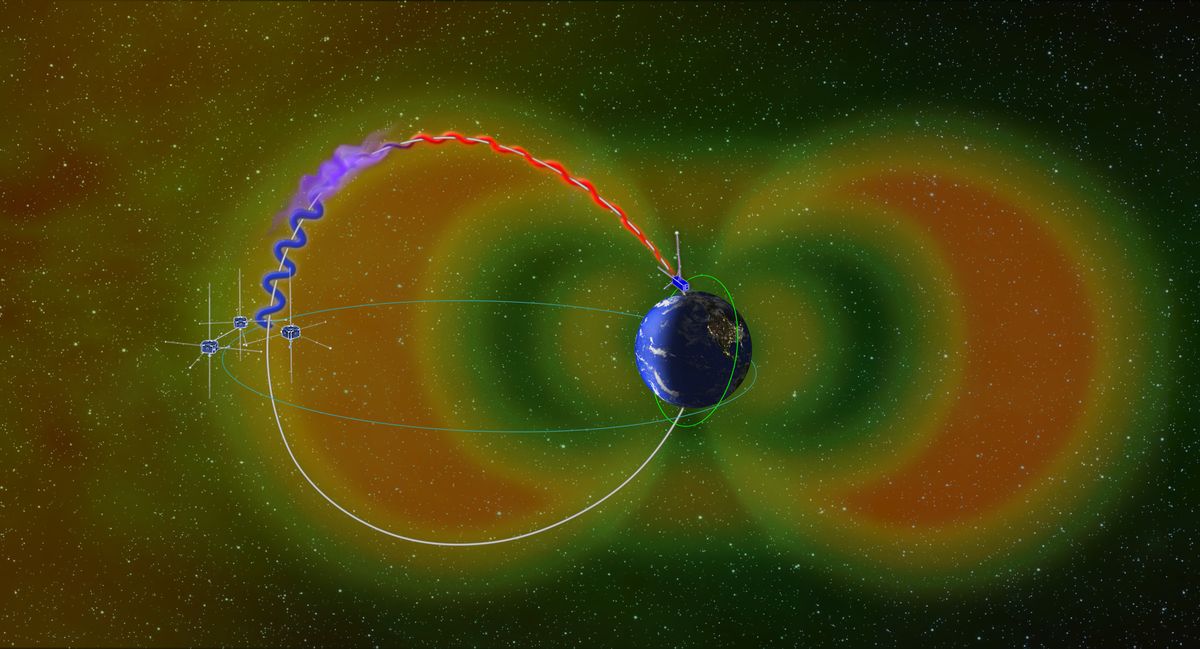
Ultra-fast electron rain is pouring out of Earth's magnetosphere, and scientists think they know why
By Brandon Specktor published
Scientists discovered the mechanism that causes electrons to 'downpour' into Earth's atmosphere.
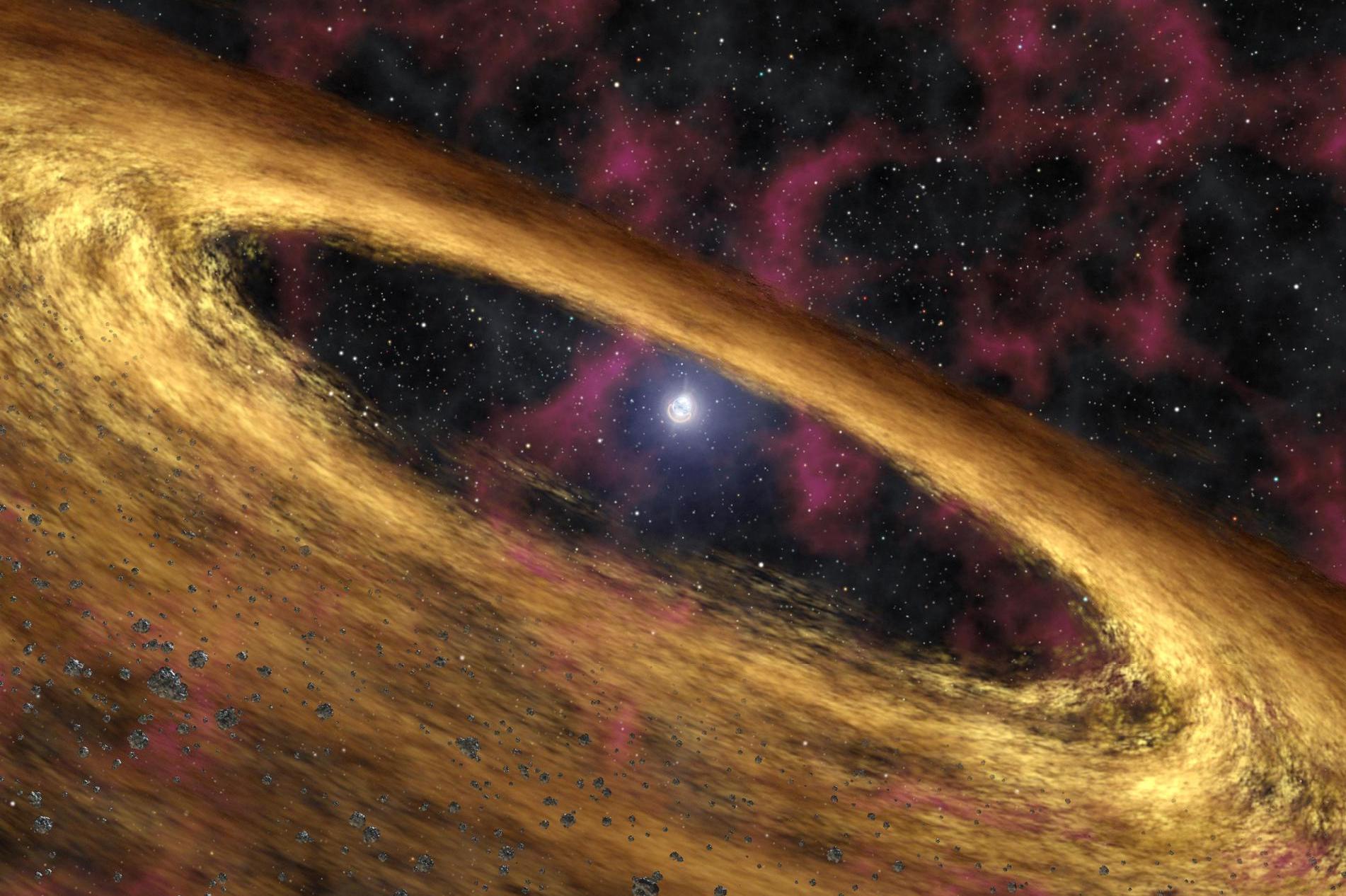
Rare 'black widow' star system could help unlock the secrets of space-time
By Brandon Specktor published
Scientists found a remarkably stable 'black widow ' pulsar that could be used to help detect gravitational waves.
Sign up for the Live Science daily newsletter now
Get the world’s most fascinating discoveries delivered straight to your inbox.


